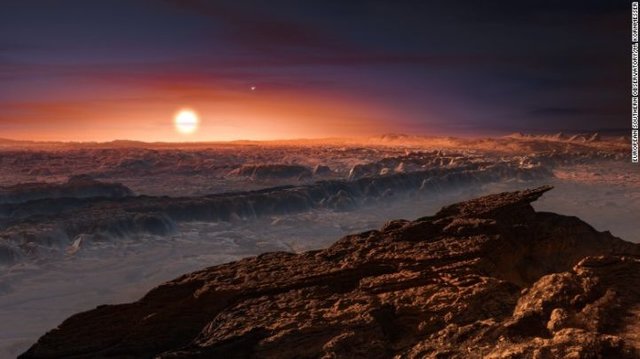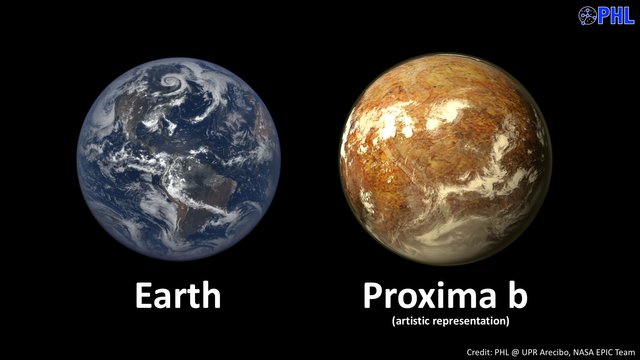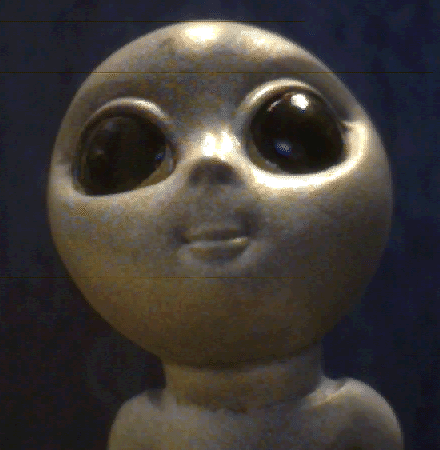A number of researchers have presented evidence which points to what is now believed to be the closest habitable planet to Earth.According to a study posted on Nature, the planet Proxima b is in orbit around Proxima Centauri, the closest star to our own sun.

Proxima b is 4.2 light years away, which means it is close enough for robotic exploration in the coming centuries, according to the scientists. "It's not only the closest terrestrial planet found, it's probably the closest planet outside our solar system that will ever be found because there is no star closer to the solar system than this one," said lead study author Guillem Anglada-Escudé.Proxima b is a rocky planet, around 1.3 times the size of Earth, and it orbits its star in just 11.2 days thanks to it only being 5 percent of the distance between the Earth and the sun. The star itself is a red dwarf, around 12 percent of the mass of our sun, and an effective temperature of only around 3,050. So, it exists within the habitable zone of the star, and water could exist there, although this hasn't been confirmed yet.The scientists are also unsure if Proxima b has an atmosphere, and believe that if it does have one, temperature will be between 86 and 104 degrees Fahrenheit on the surface. Without one, it could be as low as -22 to -40 degrees Fahrenheit.
For now, more research will be done, and space programs like Mission Centaur aim to send a small telescope up to gather information on it and other planets like it that may exist. The Starshot project has technology where a nanocraft could reach the system just 20 years after launch thanks to its light-driven propulsion system.

If life is possible there, the planet evolved very differently than Earth, say researchers at the University of Washington-based Virtual Planetary Laboratory, where astronomers, geophysicists, climatologists, evolutionary biologists and others team to study how distant planets might host life.Astronomers at Queen Mary University in London have announced discovery of Proxima Centauri b, a planet orbiting close to a star 4.22 light years away. The find has been called "the biggest exoplanet discovery since the discovery of exoplanets."
Source: http://in.ign.com/tech/99012/news/scientists-confirm-existence-of-closest-habitable-planet-to
Read more at: http://phys.org/news/2016-08-discovery-proxima-host-star-habitable.html#jCp
We are getting closer to finding a second Earth. I would not be surprised to hear the confirmation of Extraterrestrial life in my lifetime.

Downvoting a post can decrease pending rewards and make it less visible. Common reasons:
Submit